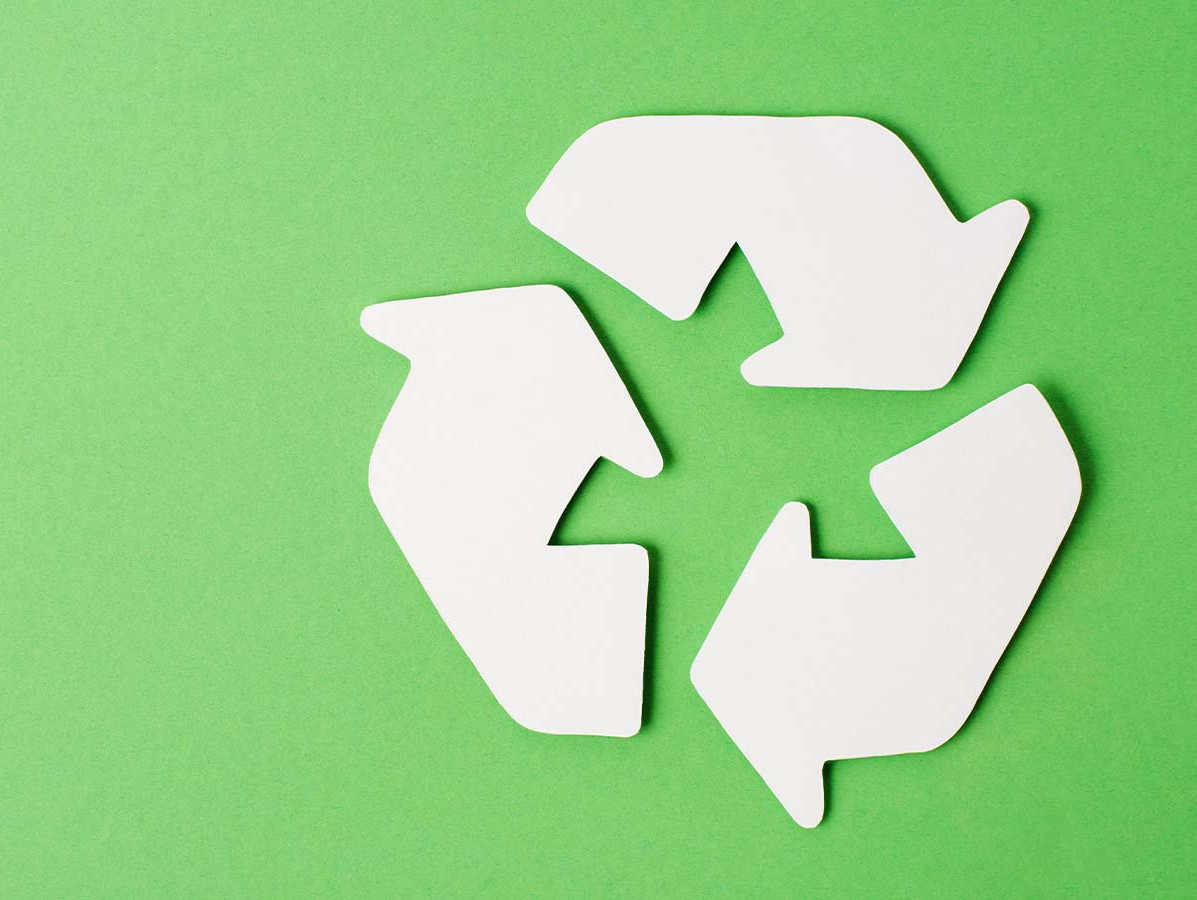
The Parliament has recently adopted new measures to reduce the environmental impact of packaging. These measures aim to significantly decrease packaging waste across the EU and further promote the principles of the circular economy.
The new legislation, which received strong support in the Parliament, focuses on reducing the total amount of packaging. By 2040, this must be reduced by 15%. The emphasis is particularly on reducing plastic packaging waste. Additionally, it has been mandated that no more than half of all collection, shipping, and e-commerce packaging may be empty, indicating stricter control over excessive packaging. Manufacturers are also required to minimize the weight and volume of packaging.
Special attention is given to certain types of disposable plastic packaging that will be banned from 2030. This includes packaging for unprocessed fresh vegetables and fruit and packaging commonly used in the hospitality industry. Very light plastic bags are also being restricted.
The legislation sets clear targets for the reuse of packaging by 2030. This applies to a wide range of packaging, from shipping to sales packaging. Member States can allow exceptions under strict conditions. Additionally, end distributors of beverages and takeaway meals must encourage consumers to bring their own reusable containers and aim to offer a portion of their products in reusable packaging.
The new rules also impose strict requirements on the recyclability of packaging. Packaging not made from lightweight materials such as wood or cork must meet specific recyclability criteria. Clear objectives have been set for the use of recycled material in plastic packaging. For instance, by 2029, 90% of plastic bottles and metal drink containers for single use of up to three litres must be collected separately, achievable through deposit return schemes or other initiatives.
Source: Europees Parlement